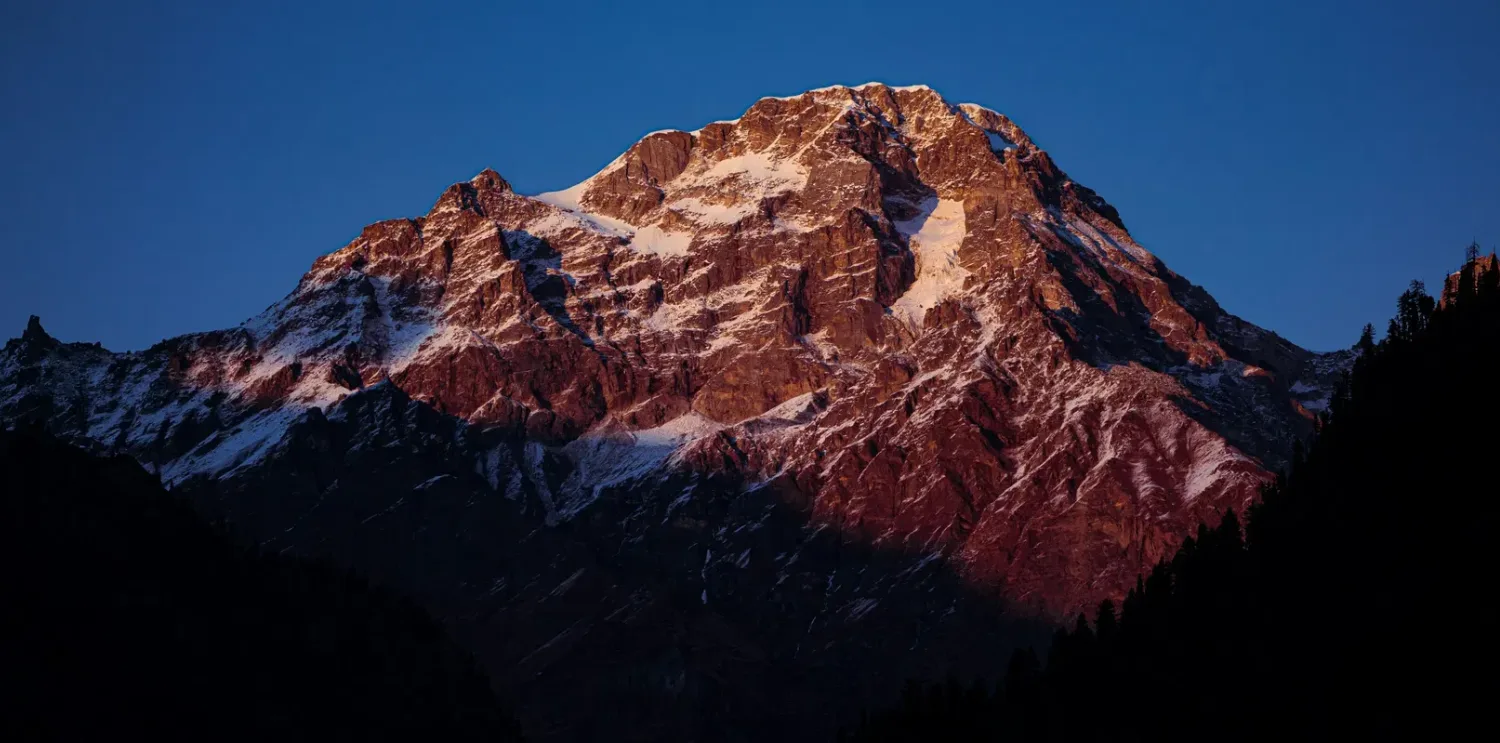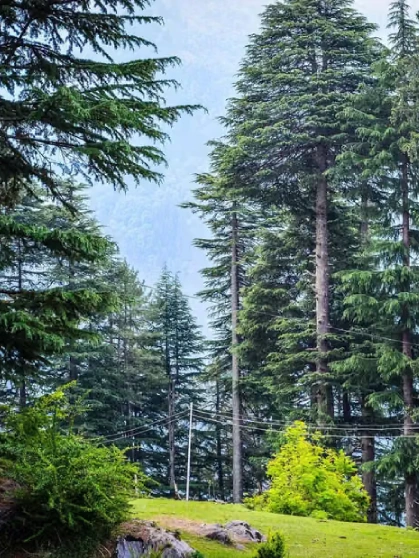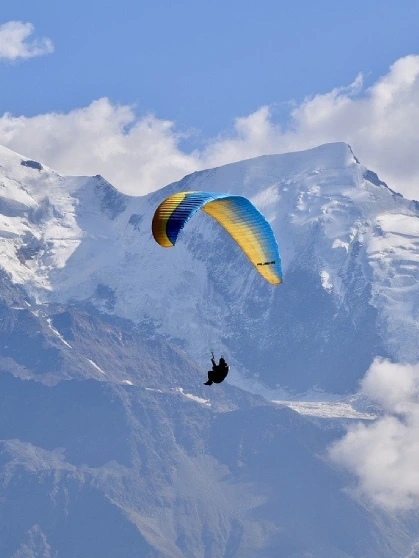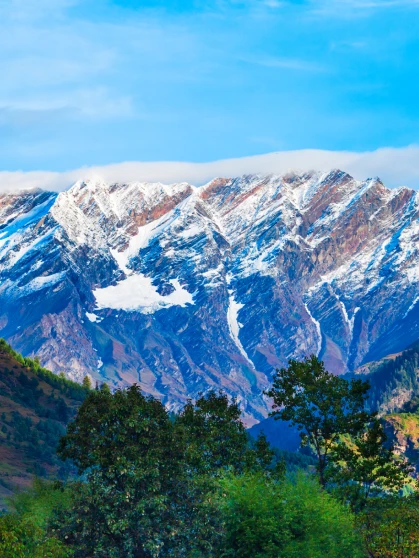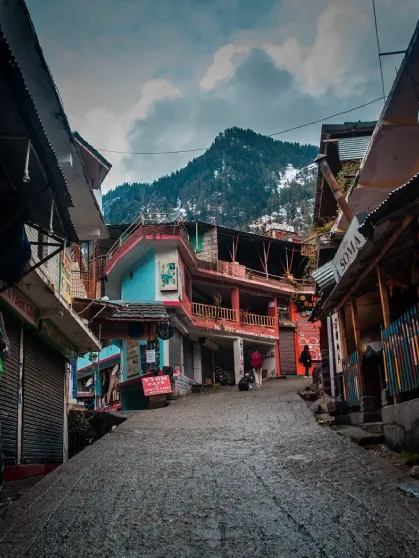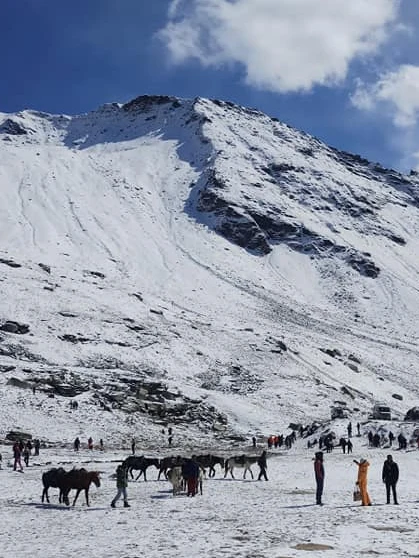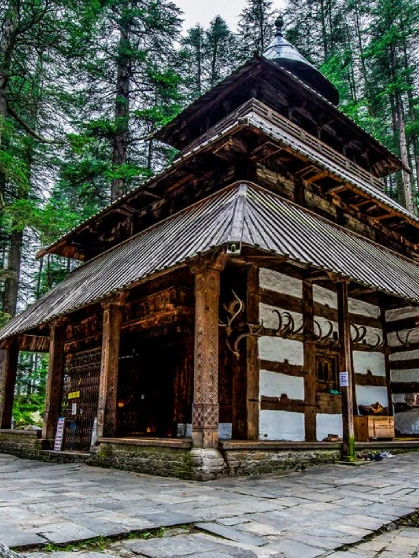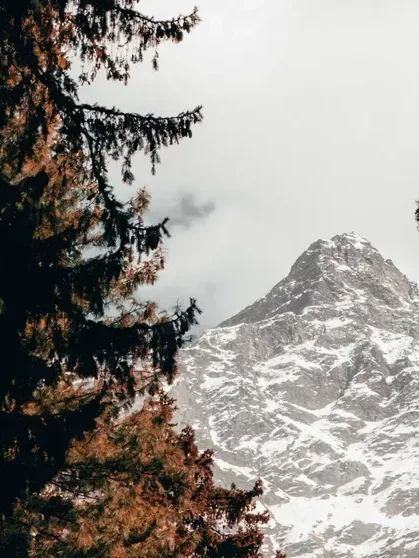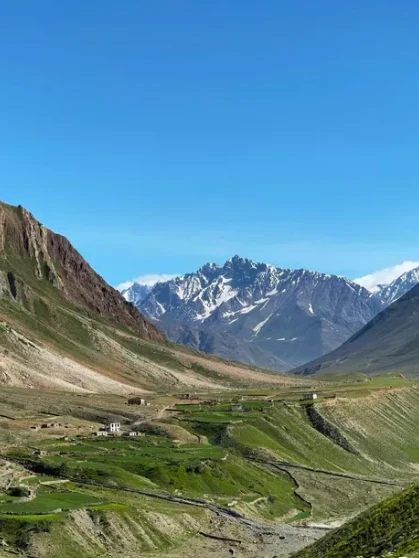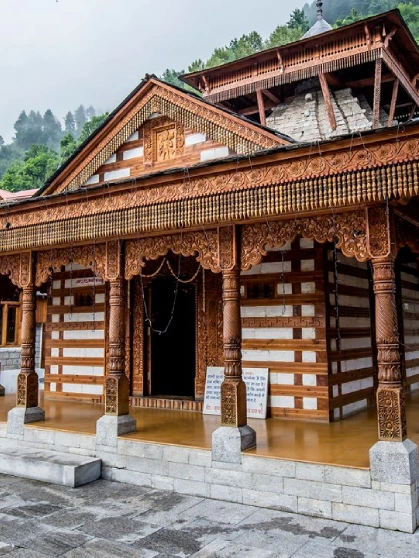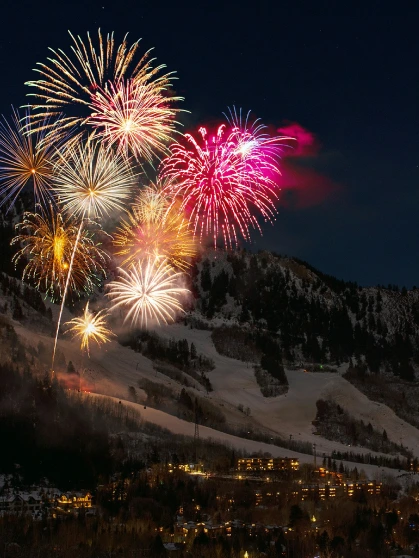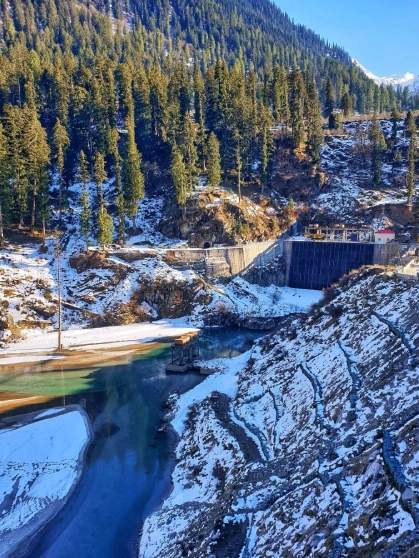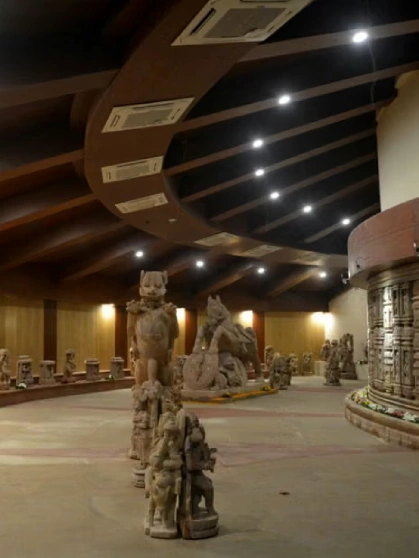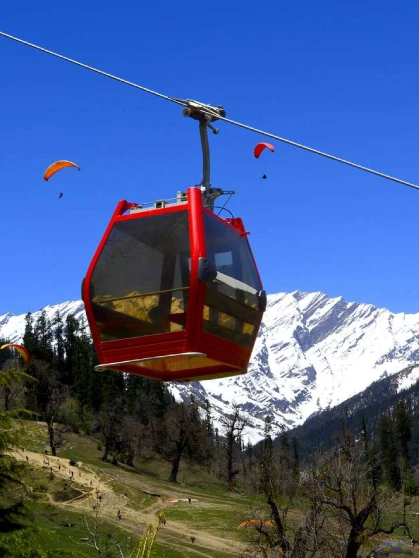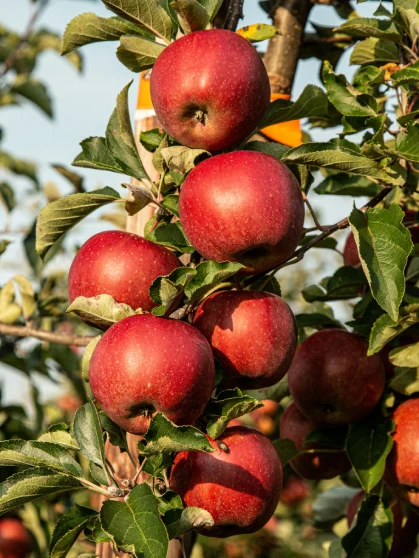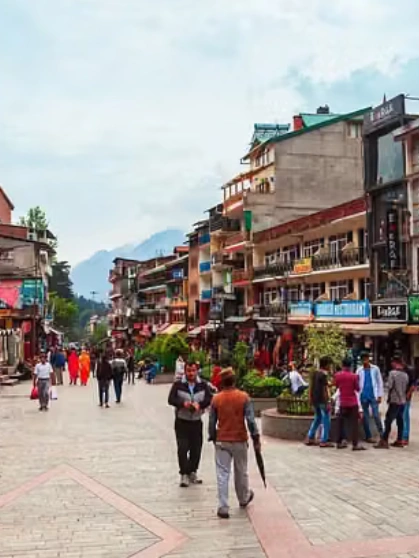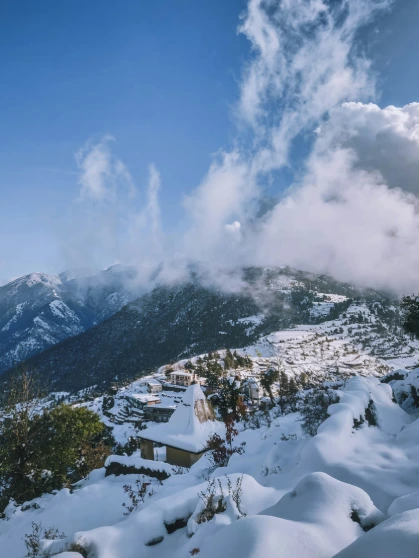Great Himalayan National Park: A UNESCO World Heritage Gem
The Himalayas, the "roof of the world," are home to breathtaking landscapes, diverse ecosystems, and a wealth of biodiversity. Nestled amidst these majestic peaks lies the Great Himalayan National Park (GHNP), a haven for nature enthusiasts and a UNESCO World Heritage Site.
A Crown Jewel of Biodiversity: Why is it Famous?
Established in 1984, GHNP spans over 1171 sq. km and is renowned for its exceptional natural beauty and biodiversity. Here’s why it stands out:
- Unparalleled Beauty: GHNP boasts towering snow-capped peaks, sprawling meadows carpeted with wildflowers, and pristine glacial lakes reflecting the azure sky.
- Outstanding Biodiversity: The park is a treasure trove of flora and fauna, with over 800 species of vascular plants, 192 species of lichen, and numerous mammals, birds, reptiles, and insects.
- Endangered Species Haven: GHNP is a crucial habitat for endangered species such as the Western Tragopan and the Himalayan Brown Bear.
- Cultural Significance: Local communities in the park's buffer zone have coexisted with this ecosystem for generations, contributing traditional practices and knowledge to its conservation.
GHNP was inscribed on the UNESCO World Heritage List in 2014 for its outstanding significance in biodiversity conservation.
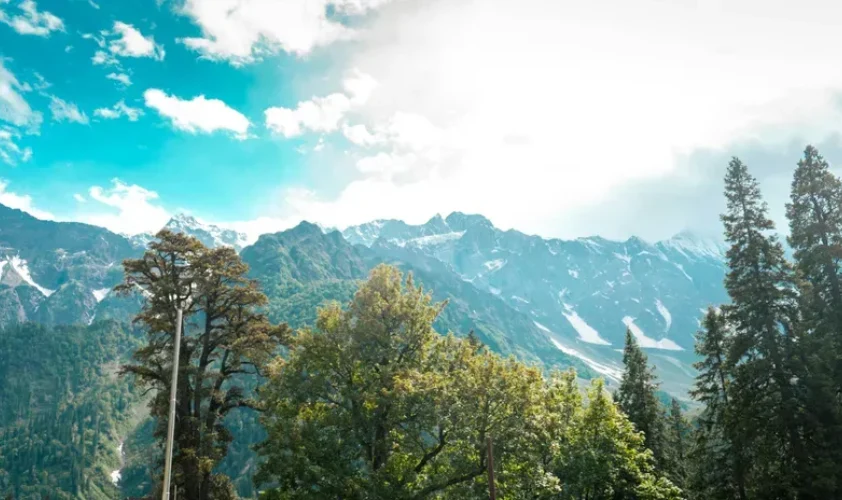
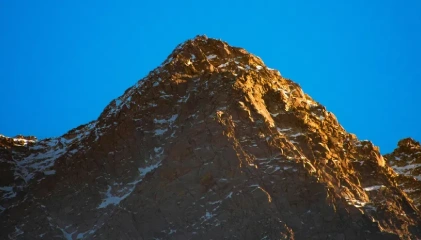
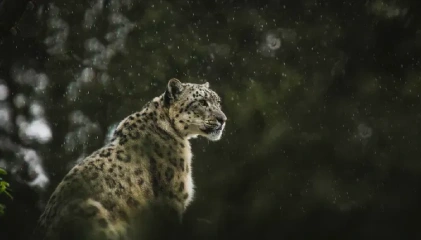
A Wildlife Wonderland: Animals You Can Encounter
A trek through GHNP is a wildlife safari unlike any other. Here are some of the fascinating creatures you might encounter:
- Mammals: Keep an eye out for the majestic Himalayan Thar, the elusive Snow Leopard, the playful Himalayan Black Bear, and the adorable Red Fox.
- Birds: The crisp mountain air is alive with the calls of birds like the colorful Himalayan Monal pheasant, the lammergeier (bearded vulture), and the melodic Himalayan Griffon vulture.
- Other Fauna: Look for reptiles like the Himalayan Newt and amphibians like the Kashmir Valley Toad. The park also boasts a diverse insect population, including butterflies and moths that add bursts of color to the landscape.

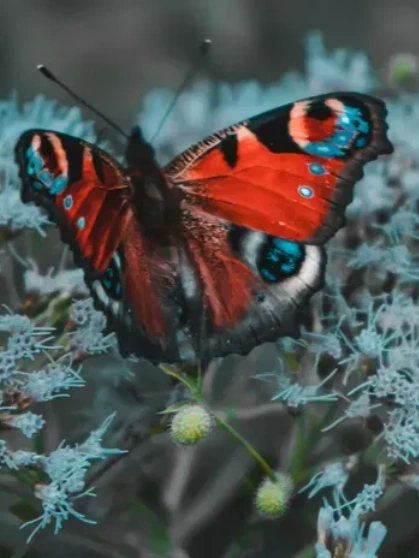

Manali to Great Himalayan National Park Trek
Manali, a popular hill station in Himachal Pradesh, serves as the most common starting point for exploring GHNP. Here's a glimpse into the trek:
- Distance, Difficulty, and Duration: The distance from Manali to GHNP varies by route, with the trek ranging from moderate to challenging, requiring good physical fitness. It takes 3 to 5 days, depending on pace and route.
- The Route: Several routes lead to GHNP from Manali. Popular options include the Hampta Pass Trek, the Chandratal Trek, and the Kullu Valley Trek. Each route offers unique landscapes and challenges. Choosing the right one depends on your experience level and desired experience.
- Important Note: GHNP is a protected area, and permits are mandatory for trekking. Ensure you obtain the necessary permits and hire a registered guide for a safe and responsible exploration.
Stay at The Orchid Manali
When planning the Manali to Great Himalayan National Park trek and getting yourself acclimatized for the trek, we suggest staying at The Orchid Manali. This boutique hotel is your ideal stay with five types of luxurious accommodations, a restaurant, an indoor games arena, and a swimming pool. So, lace up your hiking boots, embrace the spirit of adventure, and prepare to be captivated by the magic of this UNESCO World Heritage Site.
FAQs
GHNP was inscribed in 2014 for its outstanding biodiversity, hosting over 800 plant species, endangered animals like the Western Tragopan, and unique Himalayan ecosystems.
You may encounter mammals like the Snow Leopard, Himalayan Thar, and Red Fox, birds like the Himalayan Monal, and reptiles like the Himalayan Newt.
The trek, ranging from 3-5 days, starts from Manali via routes like Hampta Pass or Kullu Valley. Permits and a registered guide are mandatory.
The trek ranges from moderate to challenging, requiring good physical fitness and preparation, depending on the chosen route and pace.
The Orchid Manali offers luxurious accommodations, dining at Cafe Vindhyas, and amenities like an indoor games arena and swimming pool, ideal for acclimatization.

Contact Us
With a 75-year legacy of exceptional hospitality, Orchid Hotel invites you to connect with us. For inquiries regarding reservations, events, corporate partnerships, or media relations, please use the contact details below. Our team is committed to providing prompt and personalized assistance, ensuring your experience with our eco-conscious hotels is seamless and memorable.


.webp)










